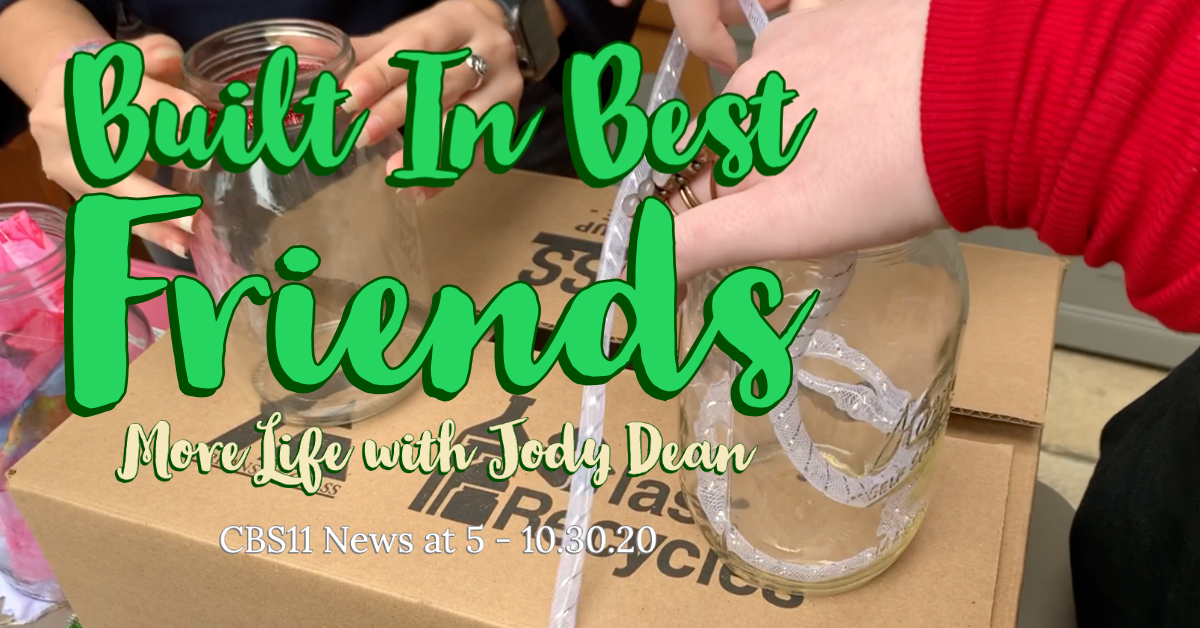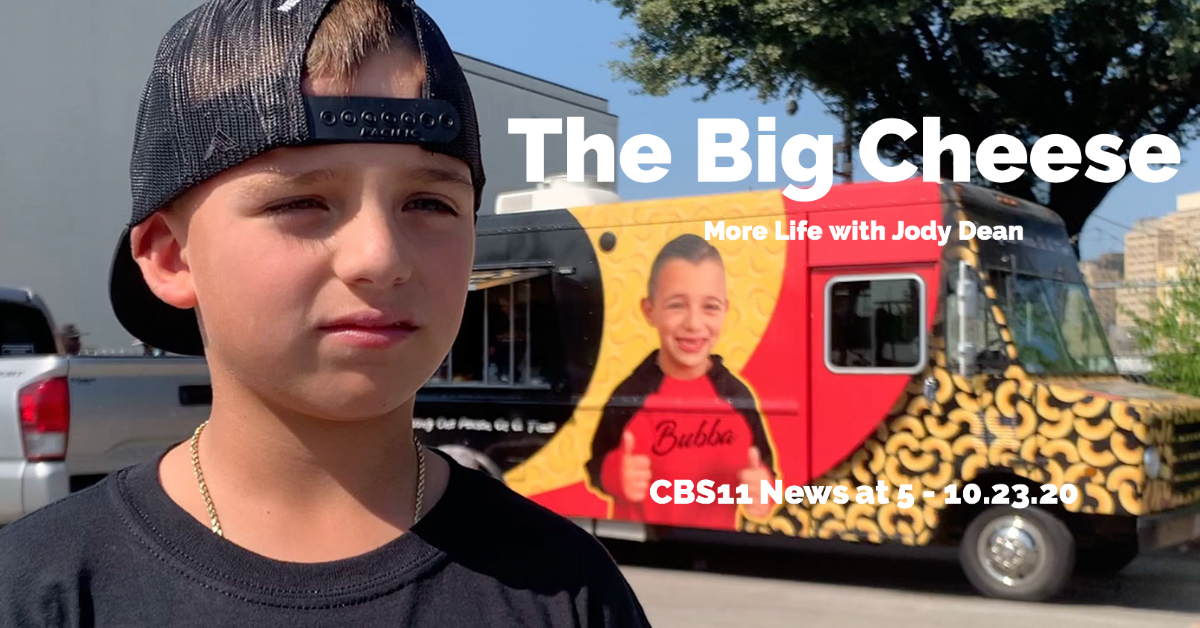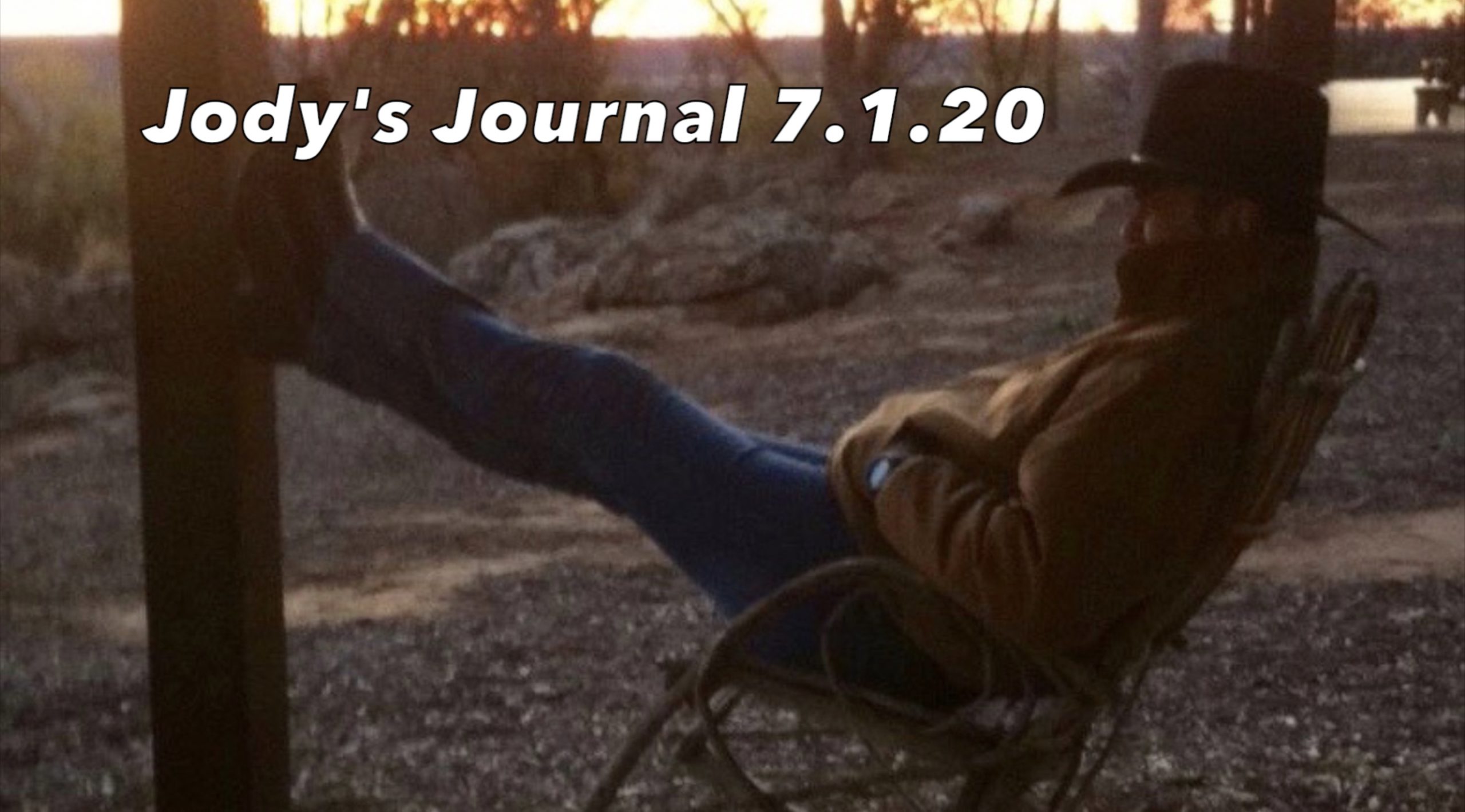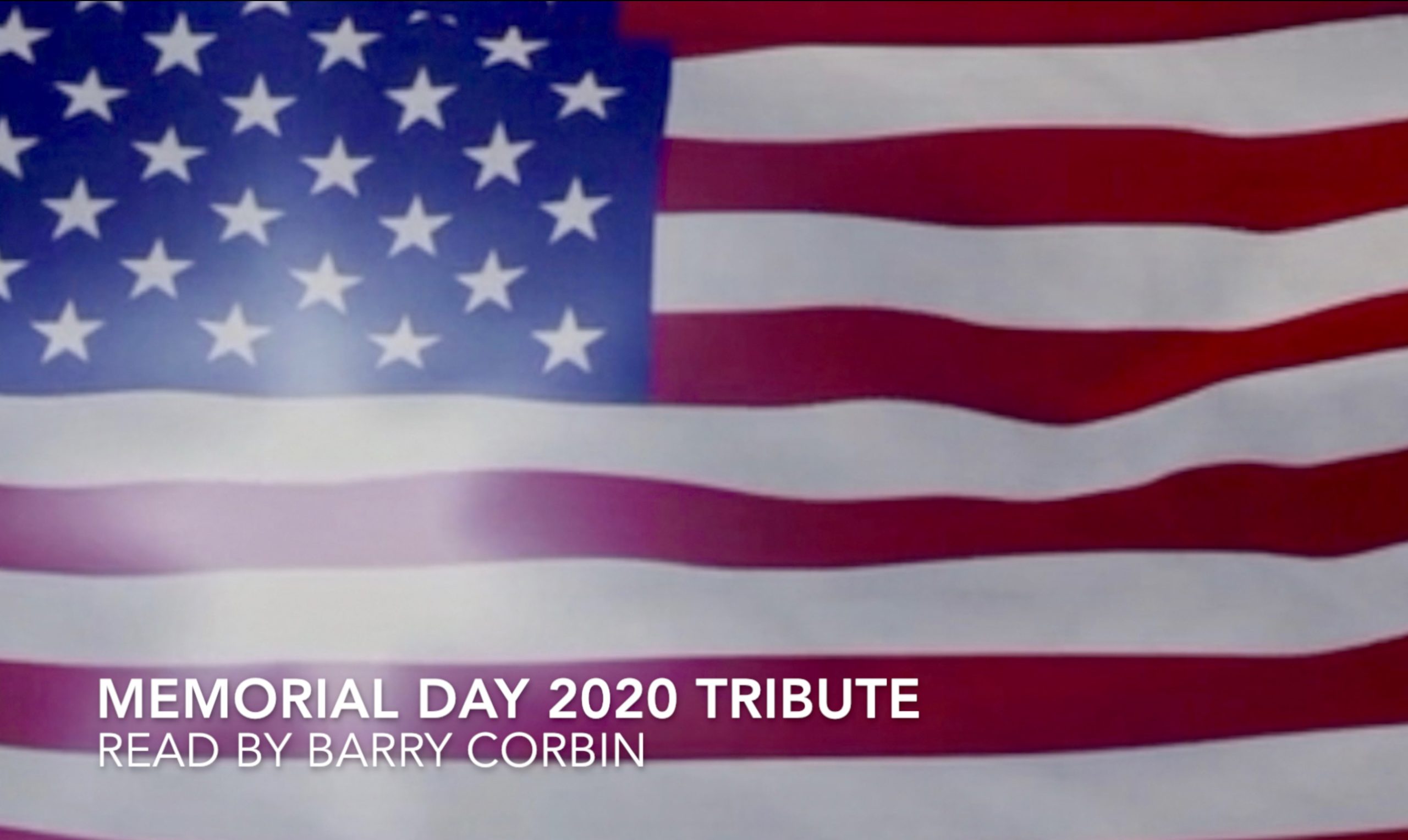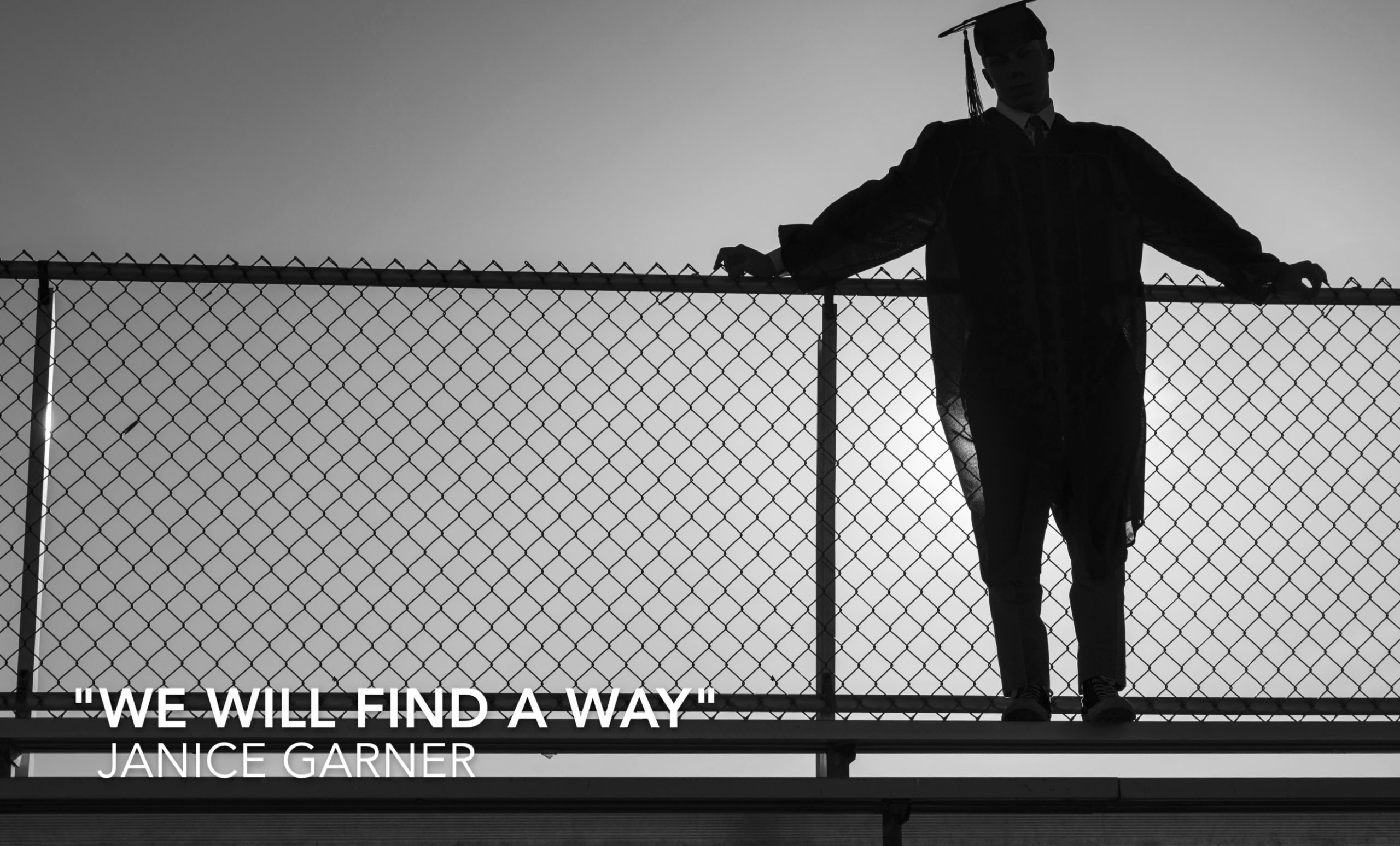Dallas-Fort Worth has been home to some of broadcasting’s most legendary radio stations. One of those was KLIF.
1190 AM KLIF signed on in 1947, but really started making waves six years later. That’s when owner Gordon McLendon made a monumental decision. He decided to play the hits.
Instead of the wide variety of programs the station had been broadcasting, McLendon adopted a new idea created by an industry colleague named Todd Storz. The idea was to play the era’s hit music, with heavy emphasis on the top-selling records. McLendon hired high-energy, personality-driven deejays, began running exciting over-the-air contests, and started staging outlandish promotions. Once several thousand people showed up in downtown Dallas for a parade sponsored by the station – with many only finding out when they arrived that the “route” was exactly one block in length. The new format was called “Top 40”, and McLendon perfected it. By 1958, the station was hitting a 50 share in the ratings.
That was not a misprint.
By the 70s, the rise of FM eroded KLIF’s dominance. McLendon sold KLIF in 1971, and six years later the station canned Top 40 for adult contemporary music. Before long it turned to country, and eventually to talk. But for the better part of two decades, KLIF was unbeatable.
And The Ticket just ran past it like Kip Keino.
Sportradio 1310 KTCK celebrates its 25th birthday this week. And not just twenty-five years either, but a commensurate record of success and influence – all based on a concept most thought would fail. In fact, it was genius.
The Ticket figured out that not everyone who loves Sports With A Capital “S” wants endless stats, draft speculation, and fantasy updates. Some of us go to movies, eat at restaurants, watch The Wire, and sort of, you know…have lives. Yeah, we love our teams. Who doesn’t? But you know what people talk about when they’re actually at the game or bar, watching the game in person? The movies they’ve seen, where they ate, have you seen Fyre yet?, and what their kids said when they saw their first YouTube Jordan highlight. “Whoa, touchdown! Where was that corner on that play? Geez. So, where’s your daughter taking pitching lessons? We plan on bingeing Friends From College this weekend. Beer?” It’s not just Sports With A Capital “S”. It’s life’s tailgate party in general.
There are three “all-sports” radio stations in the Dallas-Ft. Worth broadcast market. ‘Have been for years. 103.3 ESPN and 105.3 The Fan are both excellent stations that do terrific jobs in their own right. I’m proud to call the incredibly gifted people at The Fan my Entercom Radio colleagues. Both command their own large, loyal audiences. All three share a sizable number of listeners. But prior to 1994, no one thought DFW could support even one sports station. The Ticket changed all that, and not just locally. If imitation is the most sincere form of flattery, the number of stations around the country that have gleaned from what The Ticket originated stands even taller than the station’s Marconis. There’s a greater than zero chance a whole lot of us wouldn’t be doing what we get to do if The Ticket hadn’t done what it could do.
In order to have three such stations, you also need enough people to staff three such stations – with the talent and commitment to make them special. The Ticket literally grew the pool. That’s twenty-five years of eavesdropping kids in backseats, listening later in their rooms, thinking nothing could be more fun than doing that for a living, eventually hoping that maybe those guys needed just one more intern. When I first met my own mentor, he invited me to come watch his show sometime. I was there at 3 the next morning, waiting on him at the front door. Every time I hear a Ticket staffer talk about how badly they wanted to get there, I know exactly what they mean. A sports tear forms.
In radio, doing the same thing in the same place for twenty-five months will practically put you in a hall of fame. It is not a business known for either patience or stability. More than ever, decisions are based on sales and revenue – not always what’s in the interest of the listener. McLendon’s view was the exact opposite. Programming took priority over everything – because if what was on the radio wasn’t good, there would be no sales. And he thought of everything. KLIF’s famous mobile news units – another McLendon innovation – had different numbers on opposite fenders, which were changed frequently for new numbers. The impression was that KLIF had a fleet of vehicles when really there were only two or three. The Ticket knew that to be big, it had to play big. That meant being at Super Bowls and drafts from the start, when they often barely had the capital to keep the lights on. It paid off, handsomely.
In lots of ways, radio is a small town. Everybody knows everyone. Chris Arnold, I knew from TV. Chuck Cooperstein I’d listened to since Sports Central. I’d already worked with Ticket morning show producer Mike Fernandez, who was our sports anchor at KVIL when Jerry brought in Jimmy. George Dunham and Craig Miller were literally leaving KRLD as I came in the door, while Ty Walker exited a bit later. Those who couldn’t stand Skip Bayless should have had the pleasure of actually knowing him. They would have liked him less. Greg Williams and I had known each other since our days working together at Spencer’s Palace and Billy Bob’s Texas. In the early 90s I’d see both Greg and Mike Rhyner in the press box at Cowboys games, and at one point even approached The Old Grey Wolf about a job at some new station he was rumored to be starting. Once I took Gordon Keith to get hamburgers at Rose’s while trying to convince him to come over to KRLD.
Thank God I failed with both of them.
Like anyone was ever going to pull the Great Gordo – the best writer in Dallas-Fort Worth today – away from that show anyway. And had I accidentally stumbled into a job there, I never would have lasted. The first quality I think you need to flourish at The Ticket is the ability to take the job seriously, but never yourself. Dropping all pretense is hard for performers, but those who are able to do it achieve incredible success. Actors talk about the joys of working with stars who are generous. Johnny Carson’s success was attributed to his ability to shine the light on others. Ticket personalities can all score the ball themselves, but each tries to outdo the others in assists.
Mistakes and bloopers aren’t hidden. No one hits edit and delete. Goofs become bits, because that’s what we do with them every day. You trip, it’s funny – because everyone trips. That fallibility, that human-ness, cuts through all the usual claptrap of over-produced stingers, sweepers and jingles that too often pass for programming. Oh, The Ticket might still do them – but it won’t be a high-priced agency’s re-sings with different call letters. It will be idiots back in a production room somewhere, putting in extra time to get it right, showing off their astonishingly rich musical and production talents, blasting away with their own wildly careening rendition, because it makes the show better. Because it’s fun. If anyone does hit a flat note, well, that’s an E-Break. Win, win.
That willingness to swing on that limb waaaay out there and get up laughing if it breaks is priceless in all forms of show business. If you ask me, it comes from complete trust in your castmates. From what I’ve heard described, it’s all that extra effort that bonds The Ticket team together. Phrases get used such as, “These people work very hard to be this good.” You can’t help but like and respect people who bust their tails, and it makes you want to bust your tail too. We all had to get better because stations such as The Ticket raised the bar.
It’s a very personal realm, this radio business. Hearing is among the first senses to develop. That’s why movies have soundtracks. With radio, this sound comes to you wherever you are. Maybe it’s a song, or a voice, headed to school or work in the car. Maybe on the way to that new job, or in the shower getting ready for a special occasion. Celebrating joy. Grieving disappointments. We’re life’s soundtrack. Through the ups and downs. The good times and bad. The rally point. The known in an ocean of unknowns, and unknowable unknowns. Dirk hoists the trophy. Cruz misplays the ball. You know when and where your friends will gather ’round to talk about it, and everything else, because life.
We prided ourselves on that at KVIL. Survey after survey showed us that the major reason the listener came to us at KVIL was simple: we were the station people listened to in order to find out what was going on. It wasn’t playing Neil Diamond and Whitney Houston, although people loved that. It wasn’t once giving away six cars in one day, although people loved that too. It wasn’t even Ron Chapman, although people really really loved him. The difference is that we, just as KLIF did before us, connected. It worked because we were willing to take risks for the relationship.
That’s what the other guys could never get. The other stations that would send scouts to Dallas-Fort Worth, sitting in hotels and listening to KVIL on their nightstand radio – feverishly taking notes to then go home and conceive how best to successfully replicate what they’d heard. It never dawned on them that first you’d first have to replicate the people. And where can you just pluck another Terlingua Comic, Line 4 Guy, Cobra or Donnie Doo off the trees? Is there a Linkedin for Sports Humorists or Sturminators? How do you “replicate” Norm Hitzges? But even KVIL’s run at the top lasted only about twenty years.
It didn’t take long and but a few shuffles to realize The Ticket was on to something successful. It was the same thing that Herb Kelleher had done with Southwest. Find the right people. Make it fun, entertaining, and memorable. Plus, the Ticket arrived at the perfect moment. Early 90s. Cowboys in the Super Bowl. Jimmy divorcing Jerry. Switzer. Baseball’s walkout. Timing, as they say, is everything. But you want to know when I realized we weren’t just seeing a really fascinating broadcast and business success story? It was on September 11, 2001. At the time, I was working at both CBS-11 and KRLD. Every station in the country, radio and TV, switched to non-stop coverage of those horrible hours. That included The Ticket.
What The Ticket did that day wasn’t just a master class on how it’s done. It was why we have a broadcast license in the first place.
Stations such as KLIF, KVIL. They were originators. They altered the timeline. The Ticket has, too. Other stations have done what they do for a long time, but most did what others were largely already doing. The Ticket didn’t. It would be hard to completely calculate The lil’ Ticket’s impact beyond radio. Careers launched. Doors opened. How we in the business do things. The fertile ground that’s produced everything from The Athletic to my pig was plowed in part at 5307 Mockingbird Lane. Ironically, that was previously the home address of KVIL – right until we moved up 75 and The Ticket moved in. Maybe it was the mojo.
In 1988, KVIL’s Ron Chapman – a protege of Gordon McLendon – went on the air and asked listeners to send in $20 checks. He didn’t say why. Just send in the check, and thank you. One announcement only. Within three days KVIL received nearly $250,000. We had to beg people to stop sending them. The pile of mail was so large that I could hide under it. Because no purpose had been announced, we could pretty much do what we wanted with the cash – so we put it to the listener. The money could go to various charities, or those who’d sent a check could get it back. Only about 100 people asked for the latter. That’s the kind of trust and loyalty legendary stations create. That’s the kind The Ticket has earned.
So now that everyone else has made their toast, I wanted to make mine. Being the frequent butt of Ticket jokes allows me the latitude. The reason The Ticket has been around for twenty-five years is because it practices what Gordon McLendon and Ron Chapman demanded. The P1 comes first. And neither of those stations’ best years lasted a quarter of a century.
The Ticket’s have for nearly the length of its existence. That is extraordinary.
So, congratulations, KTCK, and happy birthday.
Koko hope you have many, many more.
JD
1.25.19
https://www.youtube.com/watch?v=myyWXKeBsNk

